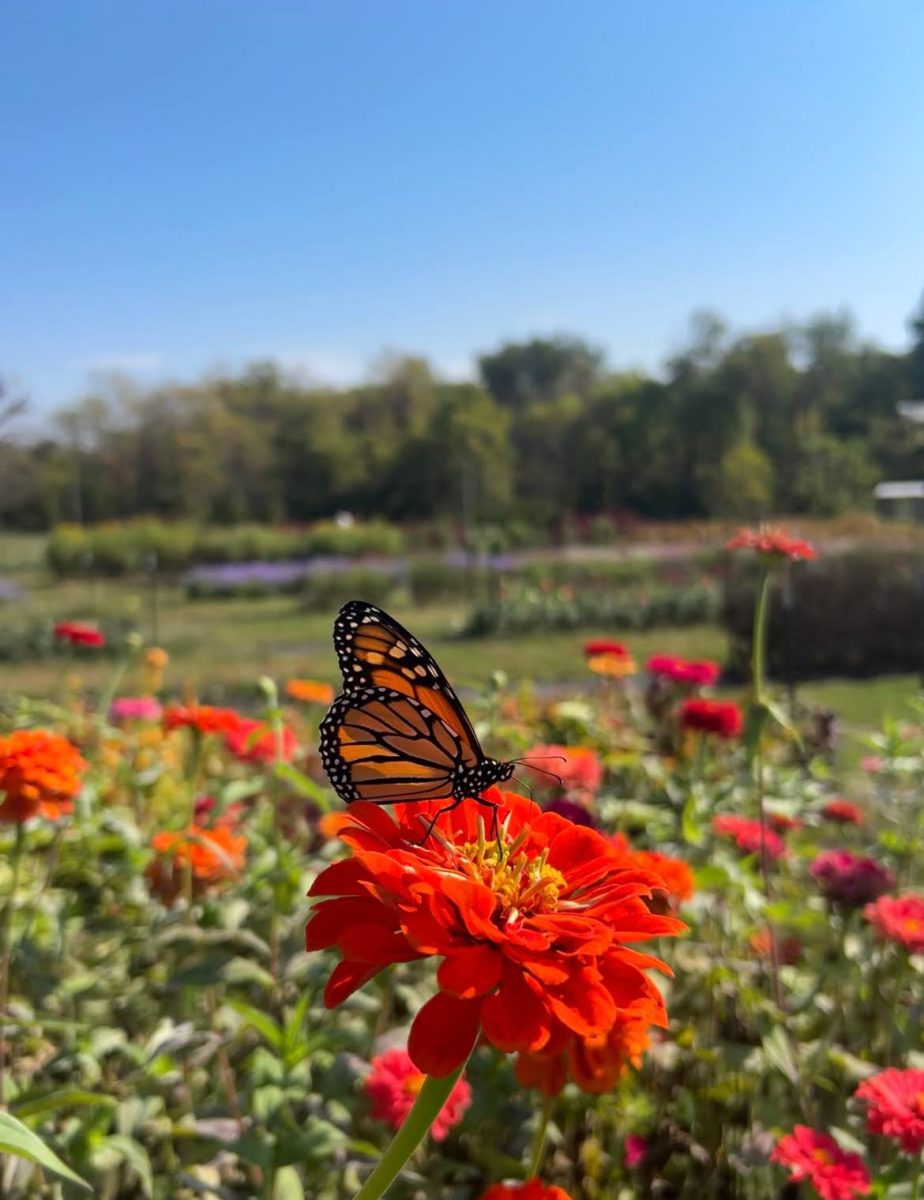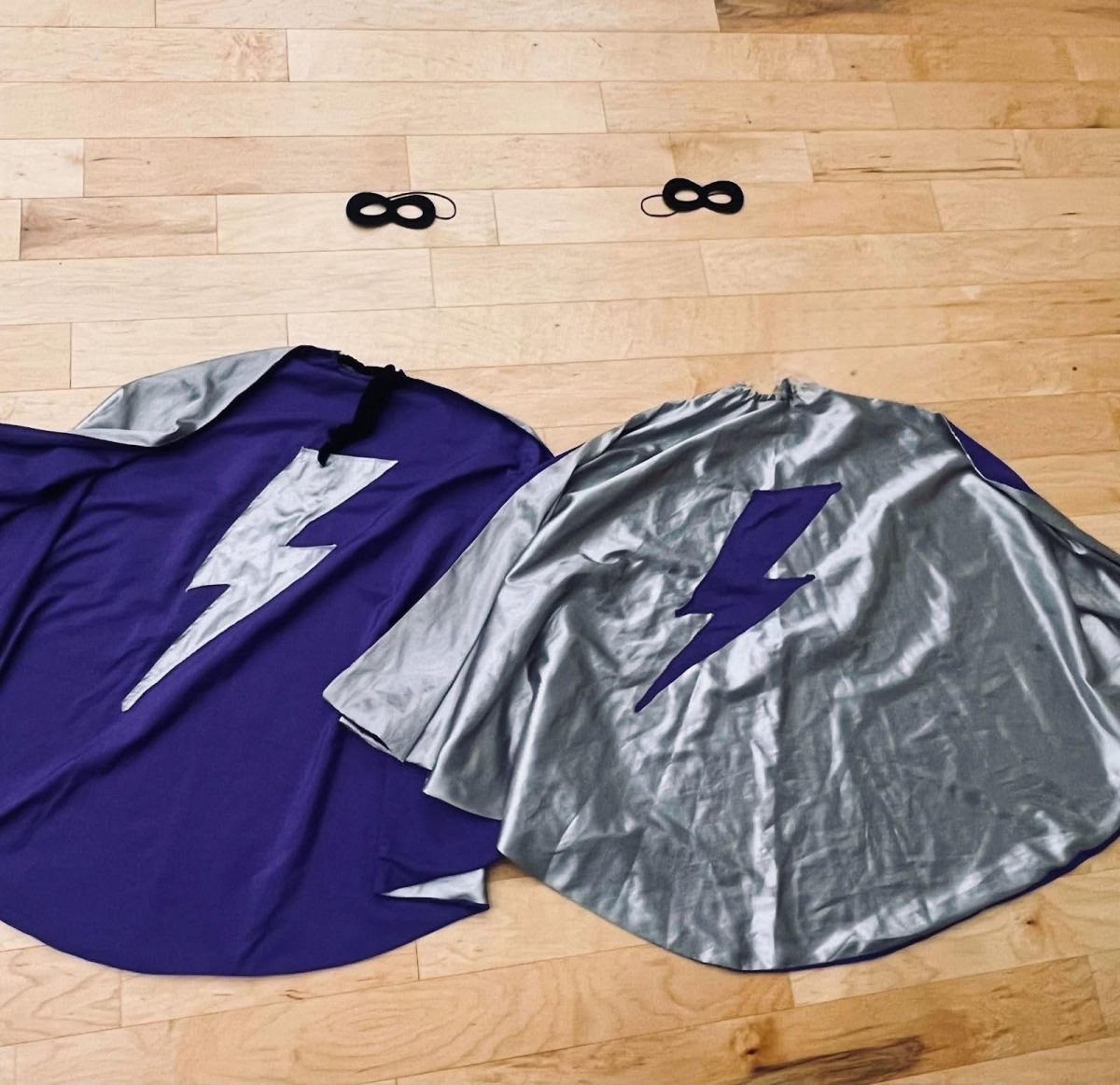
People stand in line at the Department of Transportation (DOT) and are asked about their height, weight, hair color, eye color and if they would like to be an organ donor. All of those questions are automatic answers for most people except for one: organ donation. Some people know they want the heart on their license that indicates organ donation, but many haven’t thought about it before. What does the answer to that question mean? It’s more than checking a box on an application; for some, it’s a second chance at life.
Organ donation is the act of giving healthy organs or tissues to someone in need. There are two types of organ donations, living and deceased. A living donation is when a healthy donor donates an organ to a recipient while living. A deceased donor is a donor who donates organs to a recipient after they have died.
John Riehl (he/him) is a parent of a Liberty student. He has Polycystic Kidney Disease (PKD). The disease runs in his family, so when he was told by the doctor that he had cysts on his kidneys, it was not much of a surprise.
According to Mayo Clinic, PKD is a condition in which clusters of cysts grow in the body, mainly in the kidneys. Over time, these cysts cause the kidneys to enlarge and stop working, leading to kidney failure. As of now, there is no cure for PKD, so many patients are put on the transplant list.
Along with his early-stage PKD, Riehl was a Type 1 Diabetic. The combination of these two conditions began to impact his kidneys. In January of 2021, he caught COVID-19, and his estimated glomerular filtration rate (eGFR), his kidney function, began to tank. In June of 2021, Riehl met with the transplant surgeons.
“I met with this surgeon, and he walked in and said, ‘How would you like to not be diabetic anymore?’ and then he said, ‘I specialize in kidney-pancreas transplants so if you choose to do this your wait time would only be one year, whereas if you got a kidney transplant it would be four years,’” said Riehl.
If Riehl were forced to wait four years for a kidney transplant, he would have started dialysis. This would have prevented him from being able to experience his daughters growing up.
On May 14, 2022, Riehl was told they had organs for him. But the next morning he was given the news that these specific organs would not work.
“They told me that this kidney was not suitable for me, so I had to wait, and that was an emotional rollercoaster,” said Riehl.
Not only was this a huge emotional toll on Riehl, but it was also hard for his family.
“I was physically the one getting the transplant, but everyone was on board. Not only does my family have to process something that is hard to process, but they have to be supporting me,” said Riehl.
Finally, after all the love and support his family had given him and the time he waited, on December 21, 2022, Riehl had an eight and a half hour kidney and pancreas transplant. He now has one working kidney on his left side and a working pancreas on his right.
“It’s like I got a new lease on life, and it is really humbling. There was some young man who thought enough about being on the organ donor registry. I’m not going to be sleeping all the time, I won’t be super tired and I can engage with my wife and daughters. I feel super lucky, like what did I do to deserve this?” said Riehl.
Even though the donation process is a lot to handle, so much good can come out of it. When Riehl was asked what advice he would give to someone waiting for an organ donation, he shared his insight.
“Stay positive, it can be a long wait, but you are going to get one. For a parent who has small kids, I would encourage them to realize this is a good teaching moment for their kids. Focus on something else you are passionate about because you can’t sit and wait for the call,” said Riehl.









